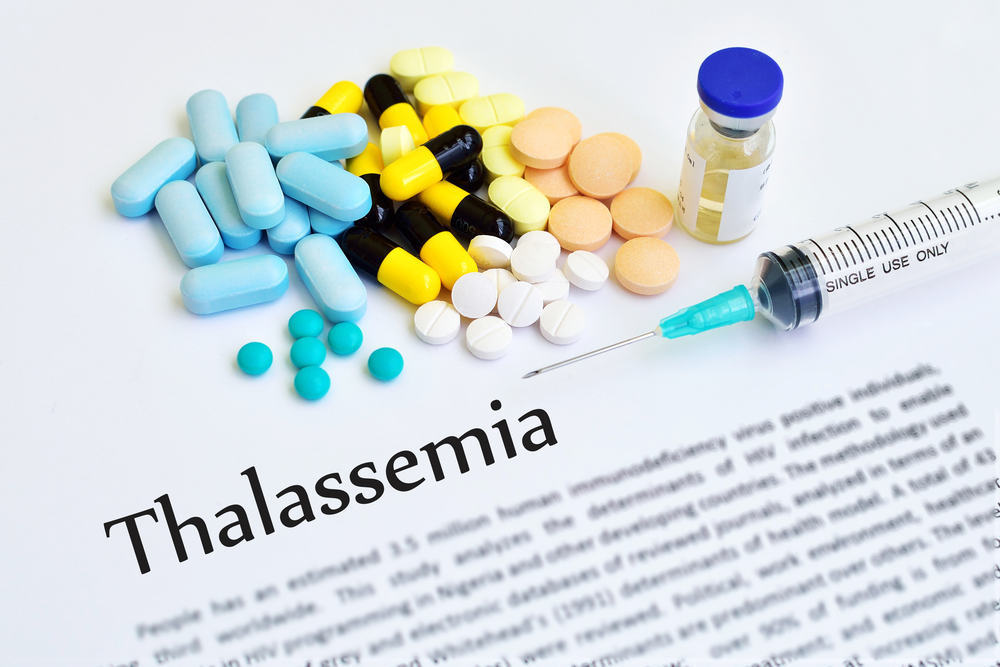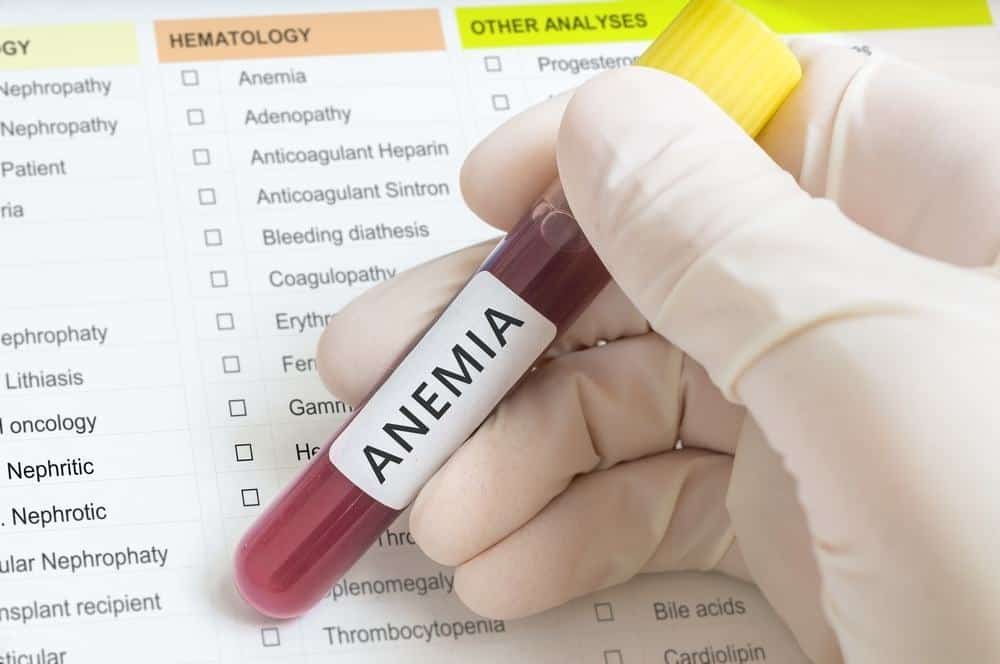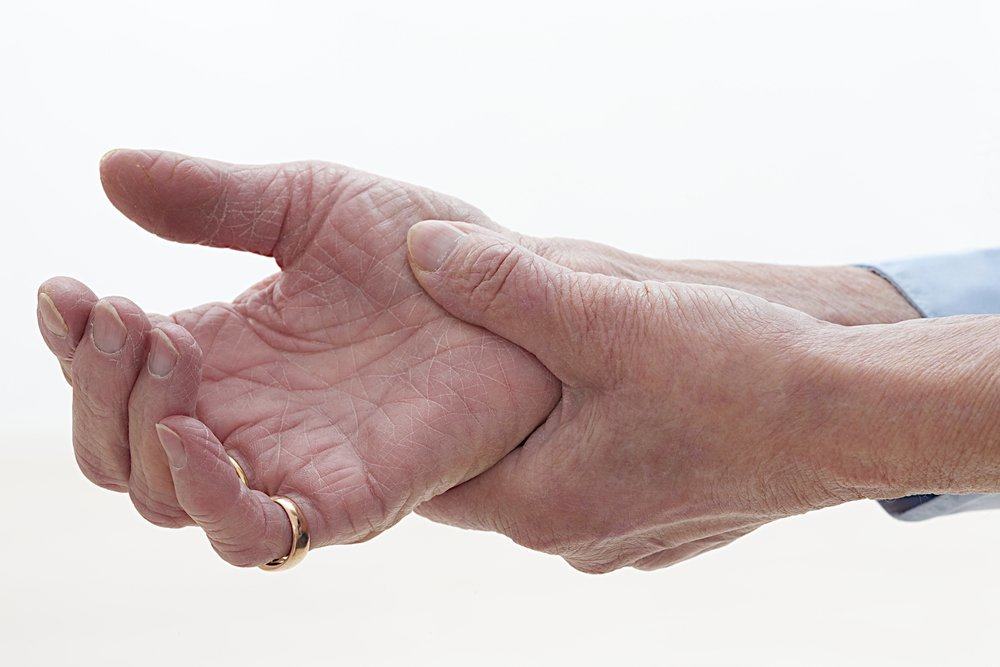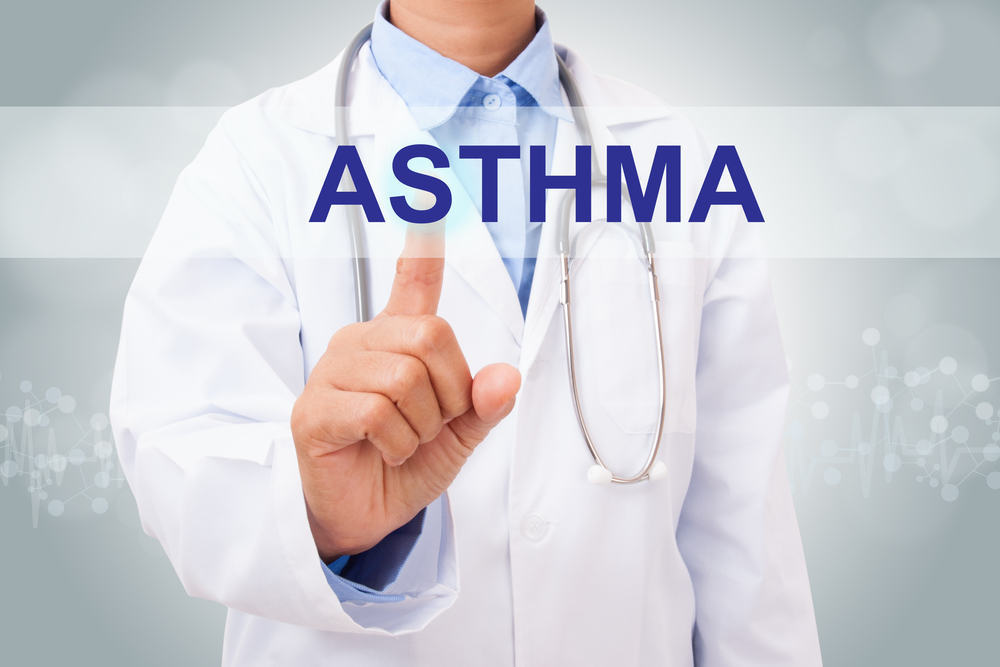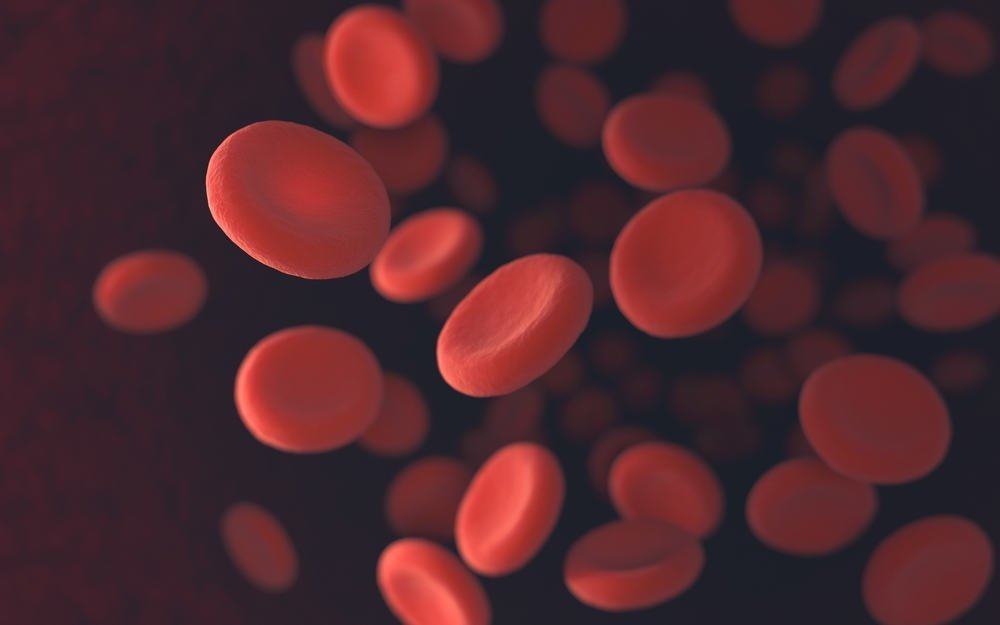Contents:
- Medical Video: Heartburn, Acid Reflux, GERD-Mayo Clinic
- Middle-aged women are most susceptible to GERD
- Then, what are the most common risks of GERD complications?
- Distinguish chest pain due to GERD and chest pain symptoms of heart disease
- How to prevent GERD?
Medical Video: Heartburn, Acid Reflux, GERD-Mayo Clinic
Of the many digestive problems in the community, GERD is one of the most often underestimated. Even though it is not life threatening, "this disease can interfere with a person's quality of life," explained Prof. Dr. Dr. Ari Fahrial Syam, Sp.PD-KGEH, MMB, FINASIM, FACP, when met by the Hello Sehat team at the inauguration of the Indonesian Gastrointestinal Foundation (YGI) on Friday (31/8). Prof. Dr. Dr. Ari Fahrial Syam is a consultant expert in gastroenterology-hepatology, who also serves as dean of the Faculty of Medicine, University of Indonesia.
Especially if it continues to be allowed, then your risk of experiencing dangerous GERD complications can increase. Symptoms of GERD complications can even be very similar to signs of heart disease, so it is not uncommon to make people panic. Therefore, handling digestive diseases must be fast and precise. What are the risks of GERD complications that might occur?
Middle-aged women are most susceptible to GERD
GERD is a digestive disease characterized by a recurrence of stomach acid (reflux) and various other accompanying symptoms that occur at least more than twice per week.
GERD is closely related to unhealthy lifestyles, starting from the salty and fatty food patterns, smoking, eating in a hurry, to the frequency of taking painkillers even though it is not necessary.
In addition to lifestyle factors, the risk of GERD emergence also increases with age. GERD is especially most commonly found in women in their 50s and above, said Prof. Dr. Abdul Aziz Rani, Sp.PD-KGEH. Being overweight or obese can also increase the risk of GERD in both men and women.
Then, what are the most common risks of GERD complications?
GERD is usually caused by a weakening of the stomach ring muscle, which causes vulnerable stomach acid to flow back along the esophagus. Rising stomach acid can cause a burning sensation in the pit of the stomach (heartburn) and sour-bitter taste in the mouth. Other symptoms include nausea, vomiting and flatulence or spasms.
If it continues to recur, stomach acid that rises for a long time can erode the lining of the esophagus to cause inflamed wounds. This inflammation can increase your risk of various GERD complications, such as:
- Swelling of the vocal cords (laryngitis)
- Esophageal inflammation (esophagitis)
- Asthma cough
- Tooth erosion.
- Esophageal stricture
- Barrett's Esophagus; precancerous lesions.
- Esophageal cancer (adenocarcinoma).
Citing RSCM data, Dr. Ari showed that 22.8% of patients were treated because GERD had esophageal inflammation after endoscopic examination while 13.3% had lesions in the esophagus which could be an indication of Barrett's disease.
People who have GERD disease as well as Barret's disease are simultaneously more likely to develop esophageal cancer than people who only have GERD.
Dr. Ari then added that recurrent chest pain can also be a common complication of GERD. Compared to the various risks of complications above, actually "Chest pain is a complication of GERD that most people often appear and fear because it is often seen as a symptom of heart disease or a heart attack," he said.
Distinguish chest pain due to GERD and chest pain symptoms of heart disease
Sr. Agasttya Wisjnu Sp.PD as chair of the Indonesian Gastroenterology Association (PGI) as well as a specialist in internal medicine practicing at Budi Asih Hospital in East Jakarta, is still on the same occasion explaining that the signs of chest pain due to GERD and heart disease are completely different.
Some of Dr. Wisjnu, chest pain due to GERD usually tends to appear more often and worsen after eating and lying down immediately. GERD chest pain can be cured immediately after resting and taking medication. Meanwhile, the feeling of chest pain due to a heart attack will feel more severe and does not also subside after resting.
He also stressed that your chest pain is most likely a symptom of GERD if you cannot determine the center of the location of the pain, and after being examined there are no risk factors for heart disease.
"(Location) where pain from a heart attack can be felt exactly where, often arises after being triggered by heavy physical activity, and must have risk factors first," said Dr. Wisjnu. The most common risk factors for heart disease such as having a history of high cholesterol, hypertension, hypertension.
Another thing that distinguishes is the symptoms of the attendant. Heart attack does not cause flatulence or frequent belching, two typical symptoms of gastric acid reflux. Symptoms of GERD generally also do not cause the typical signs of a heart attack such as severe pain in the jaw or neck and cold sweat.
How to prevent GERD?
To prevent GERD complications, a healthy lifestyle is the answer. Maybe this is too cliche, but you have to remember that GERD is a disease that is related to lifestyle. So that a healthy lifestyle is the most effective prevention.
- Take care of your weight. Excess weight or obesity is one of the main risk factors of GERD.
- Avoid foods that can trigger an increase in stomach acid, such as fatty foods, salty foods, spicy foods, sour foods, mint, chocolate, coffee, and soft drinks.
- Don't lie down immediately after eating. According to Dr. Ari, make it a habit to eat at least 2 hours before you start sleeping at night
- Reduce the habit of drinking excessive coffee
- Quit smoking.
- Avoid stress.








